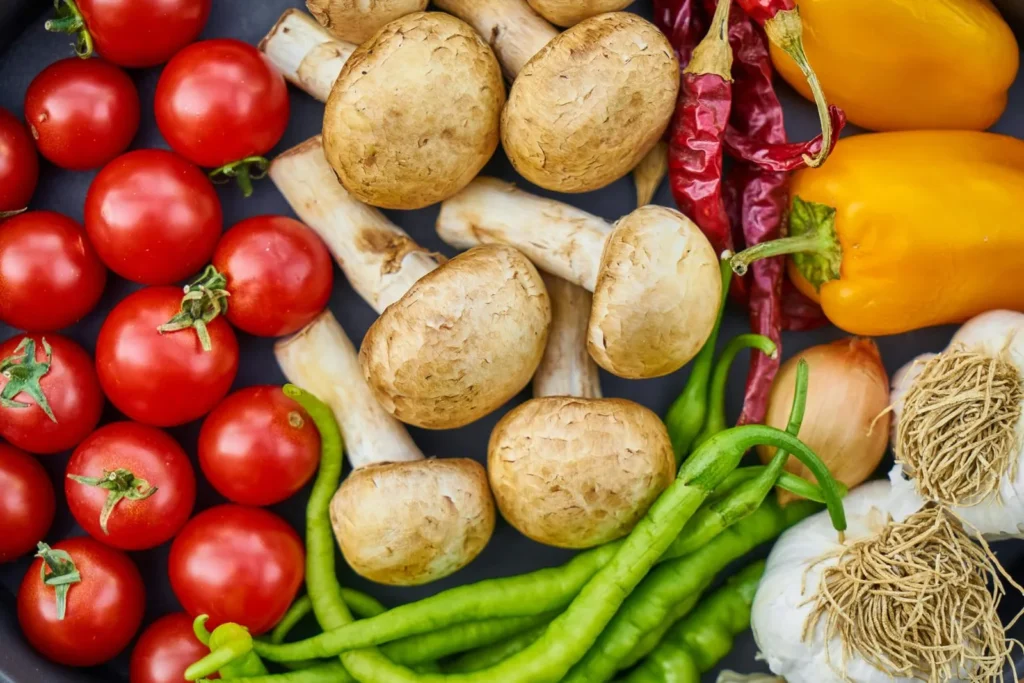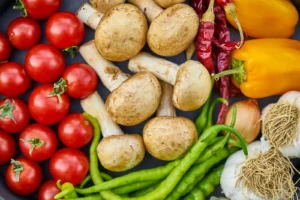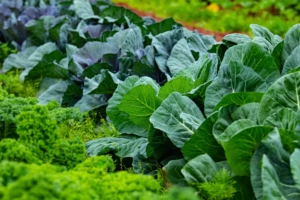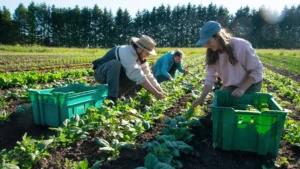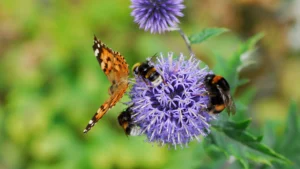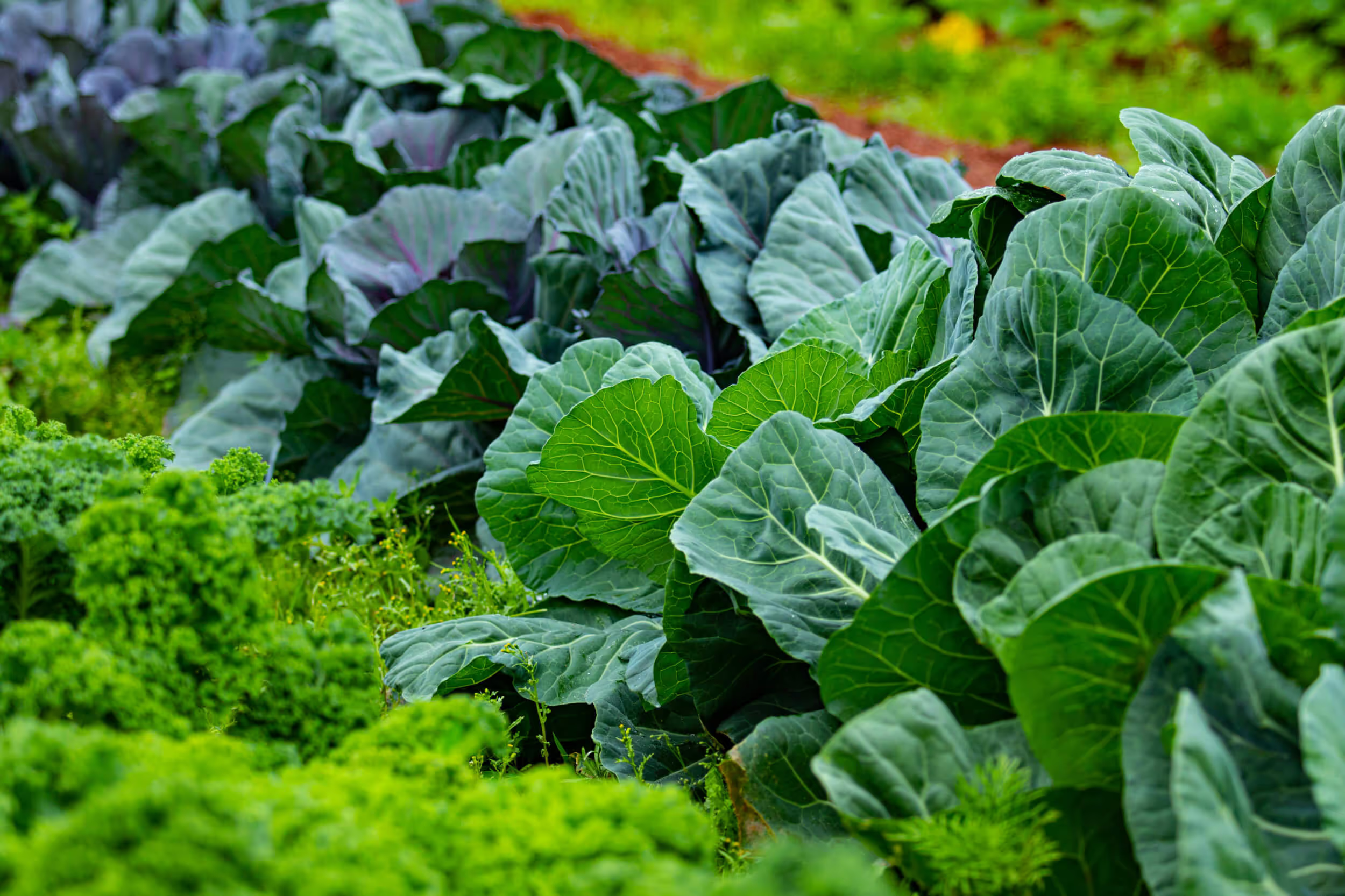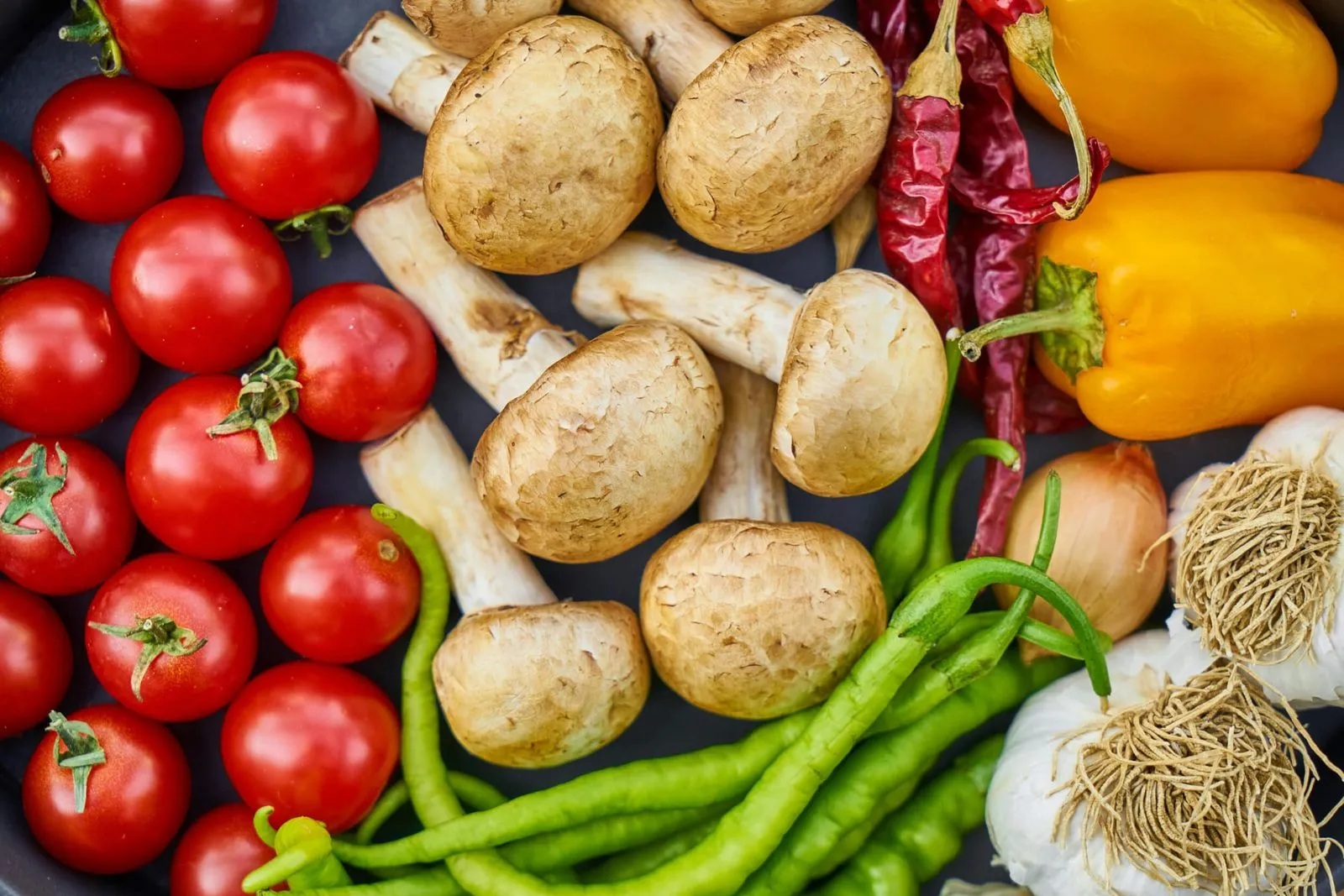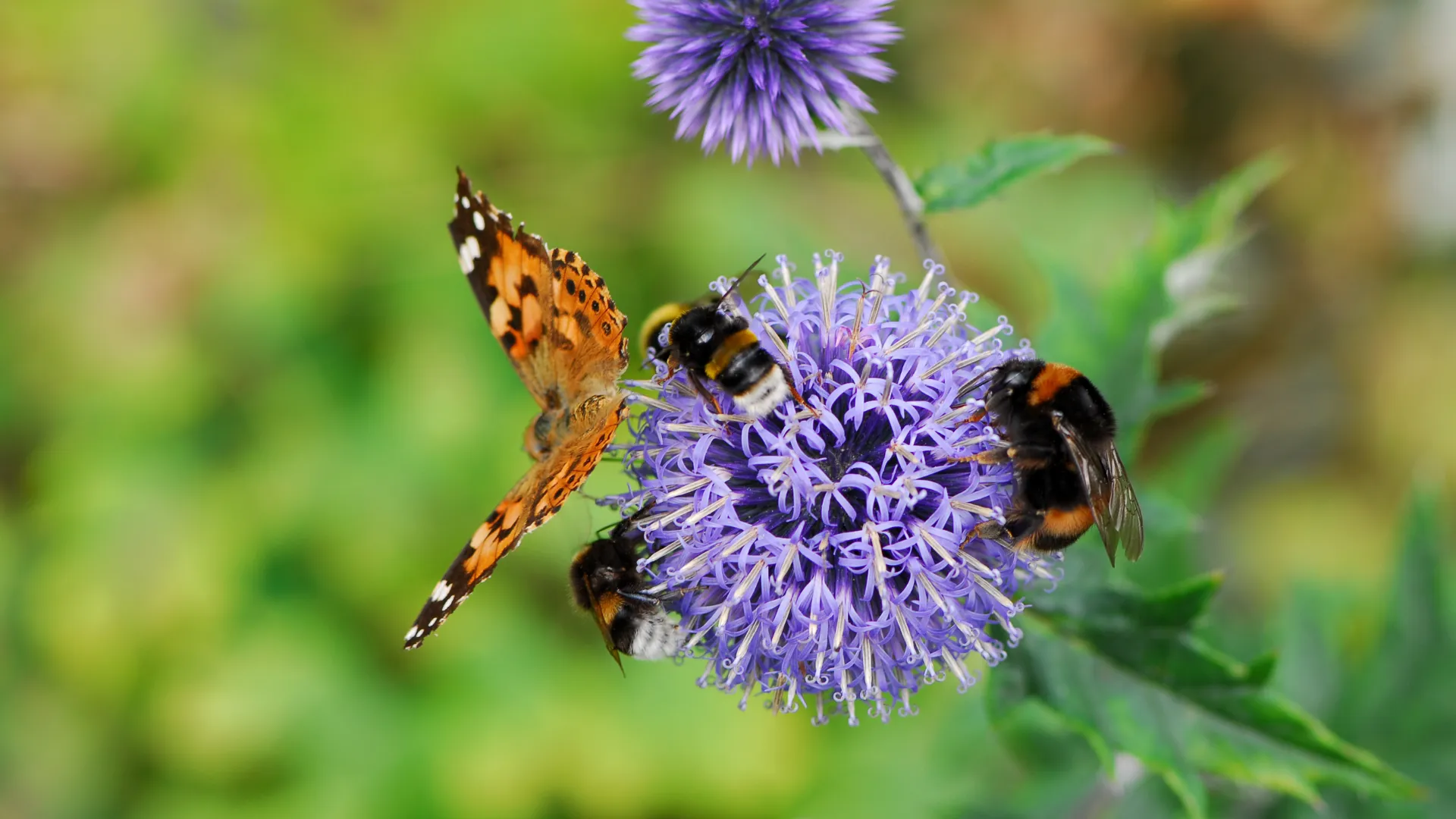In an age where sustainability and environmental consciousness are gaining momentum, organic composting has become an essential practice for farmers and gardeners worldwide. At Garden for Life, we believe in promoting organic farming techniques that not only enhance soil health but also contribute to a more sustainable and nutritious food system. One of the simplest yet most powerful tools in organic farming is composting. Let’s explore the benefits of organic composting and how it helps grow healthier crops.
What is Organic Composting?
Organic composting is the process of recycling natural waste materials—such as food scraps, plant debris, and animal manure—into nutrient-rich soil amendments. Through microbial activity, these organic materials decompose, producing humus, a dark, fertile substance that improves soil structure and enhances plant growth. Unlike chemical fertilizers, organic compost feeds the soil naturally, supporting a balanced ecosystem that fosters healthier crops.
1. Enhances Soil Health and Fertility
One of the primary benefits of organic composting is its ability to enrich the soil. Compost is packed with essential nutrients, including nitrogen, phosphorus, and potassium, which are vital for plant growth. It also enhances soil structure, improving aeration and water retention. Healthy soil leads to stronger root systems, reducing plant stress and increasing crop yields.
2. Reduces Dependence on Chemical Fertilizers
Chemical fertilizers may provide quick nutrient boosts, but they often degrade soil quality over time and introduce harmful toxins into the environment. Organic composting offers a natural alternative that not only supplies nutrients gradually but also encourages the development of beneficial microbes. These microbes help break down organic matter, making nutrients more available to plants and reducing the need for synthetic fertilizers.
3. Boosts Plant Immunity and Disease Resistance
Compost improves the microbiome of the soil, increasing the presence of beneficial bacteria and fungi. These microorganisms help suppress soil-borne diseases and pests, reducing the need for chemical pesticides. Healthier soil results in stronger plants that are more resilient to diseases, ultimately leading to higher-quality crops.
4. Improves Water Retention and Reduces Erosion
Soil that lacks organic matter struggles to retain moisture, leading to increased irrigation needs and higher water consumption. Composting enhances soil’s water-holding capacity, allowing it to retain moisture longer. This is particularly beneficial in arid and drought-prone regions, where water conservation is crucial. Additionally, compost helps prevent soil erosion by improving its structure, keeping valuable topsoil in place.
5. Promotes Sustainable Farming Practices
At Garden for Life, we advocate for farming methods that work in harmony with nature. Organic composting aligns with sustainable agriculture by reducing landfill waste, recycling nutrients, and promoting biodiversity. It encourages a closed-loop system where natural waste is repurposed to enhance food production, reducing environmental impact and contributing to long-term food security.
6. Encourages Community Engagement and Education
Organic composting is not just a farming technique—it is a movement that fosters community involvement and education. Schools, community gardens, and urban farms can benefit from composting initiatives that teach sustainable practices and promote local food production. Through composting, communities can work together to create healthier environments and more resilient food systems.
How to Get Started with Organic Composting
Starting a composting system is easy and can be done on both small and large scales. Here are some simple steps to get started:
- Choose a Composting Method: Depending on your space and resources, you can opt for traditional compost bins, vermicomposting (using worms), or trench composting.
- Collect Organic Waste: Use food scraps, yard waste, coffee grounds, eggshells, and other organic materials to feed your compost pile.
- Maintain a Balanced Ratio: A good compost pile needs a mix of green (nitrogen-rich) and brown (carbon-rich) materials. Green materials include fruit peels and grass clippings, while brown materials include dry leaves and cardboard.
- Turn the Pile Regularly: Aerating the compost helps speed up decomposition and prevents odors.
- Use the Finished Compost: Once your compost turns into dark, crumbly humus, it’s ready to be added to garden beds or farm soil.
Conclusion
Organic composting is a simple yet transformative practice that enhances soil health, promotes sustainable farming, and contributes to environmental conservation. By embracing composting, we can grow healthier crops, reduce waste, and work towards a more sustainable future. At Garden for Life, we encourage farmers, gardeners, and communities worldwide to adopt organic composting and be part of the global movement toward healthier food production.
Are you ready to make the switch to organic composting? Start today and reap the benefits of healthier crops and a greener planet!


